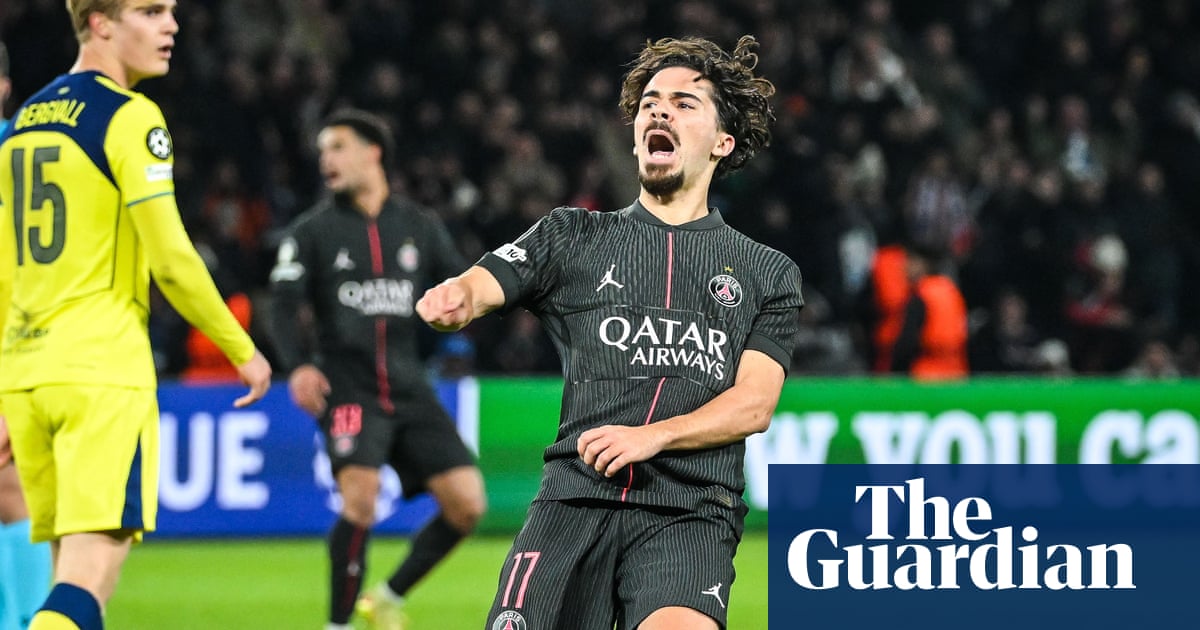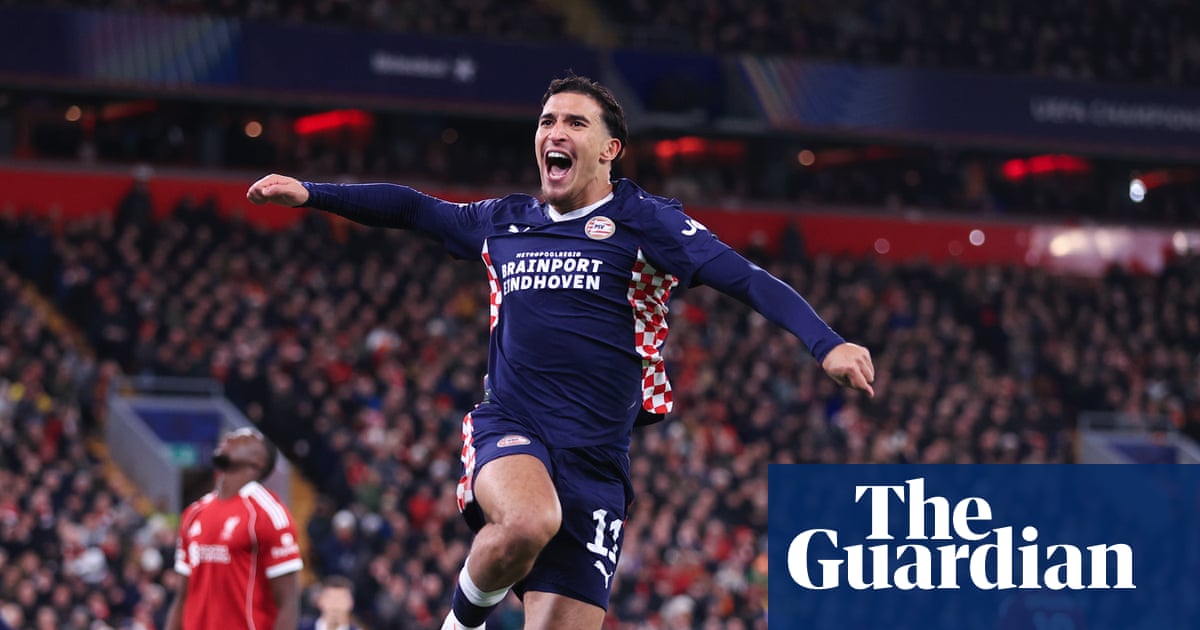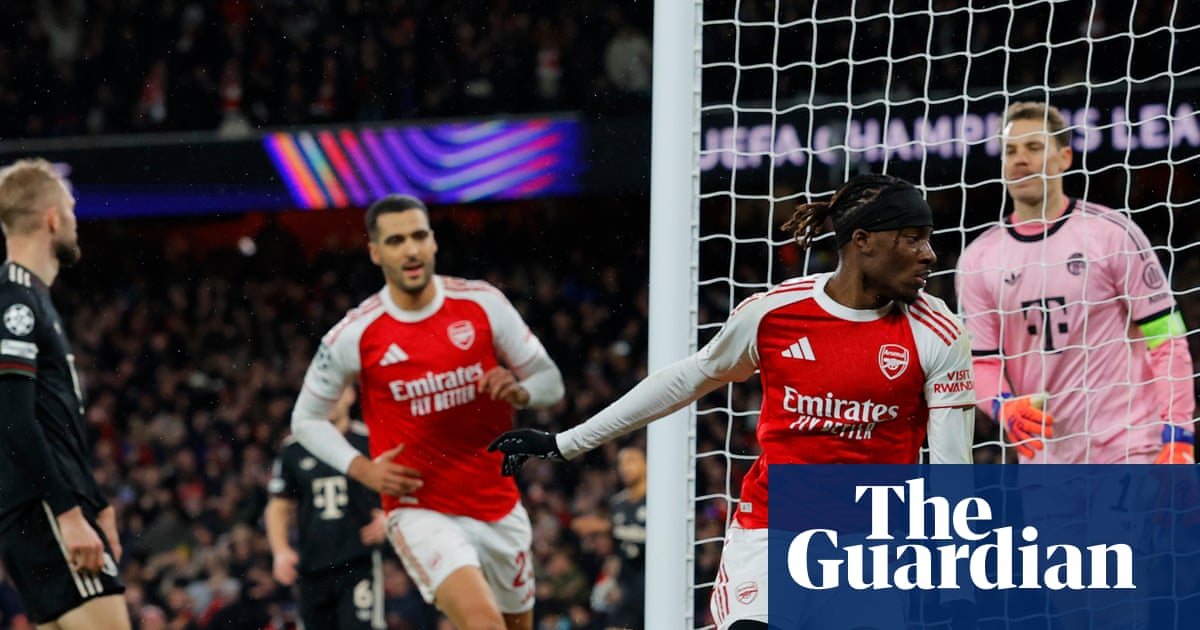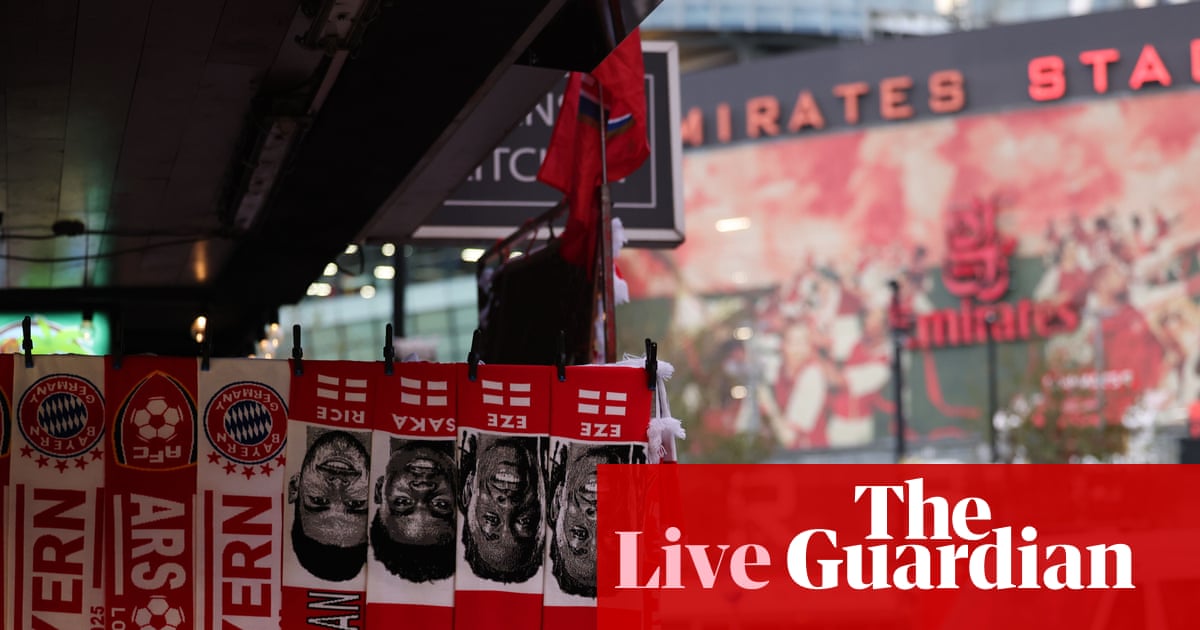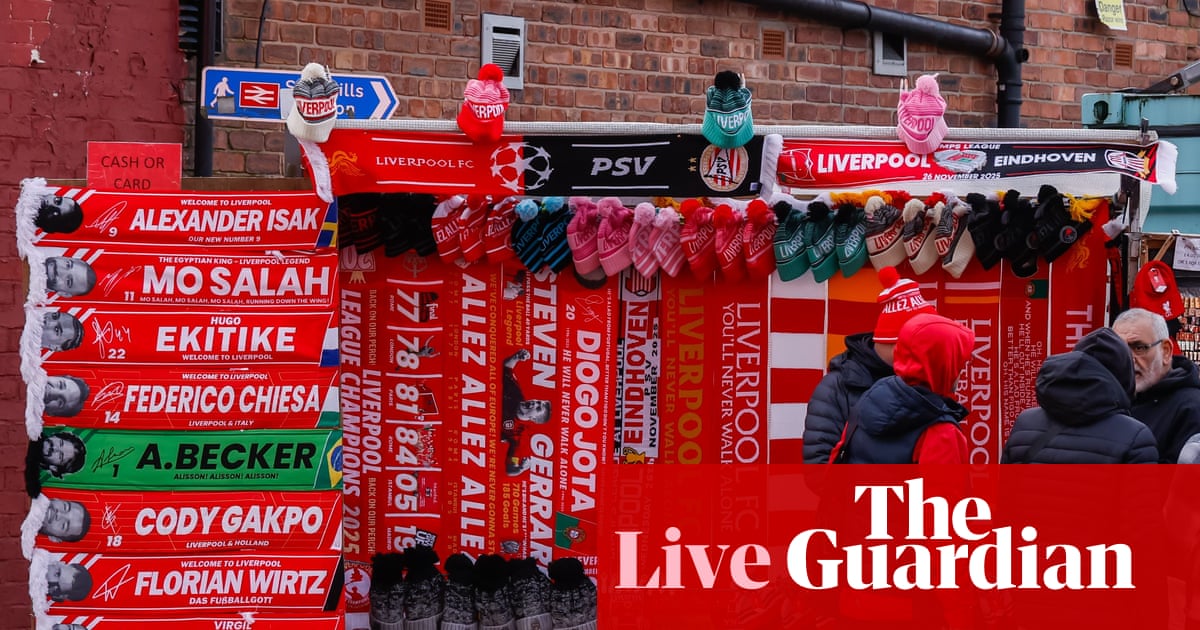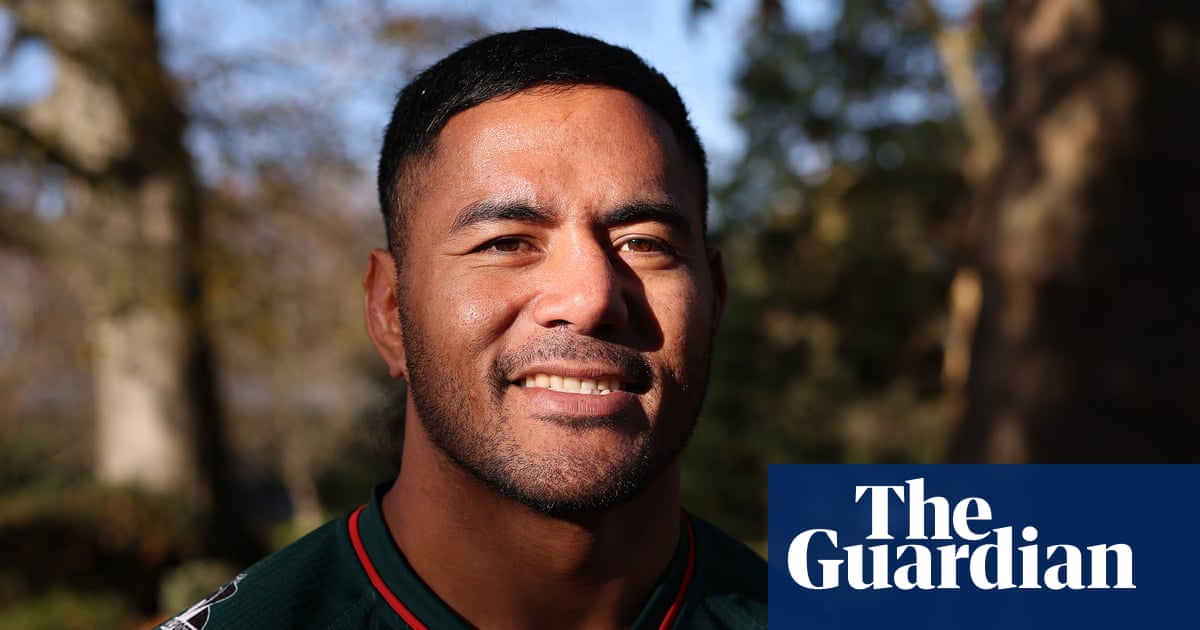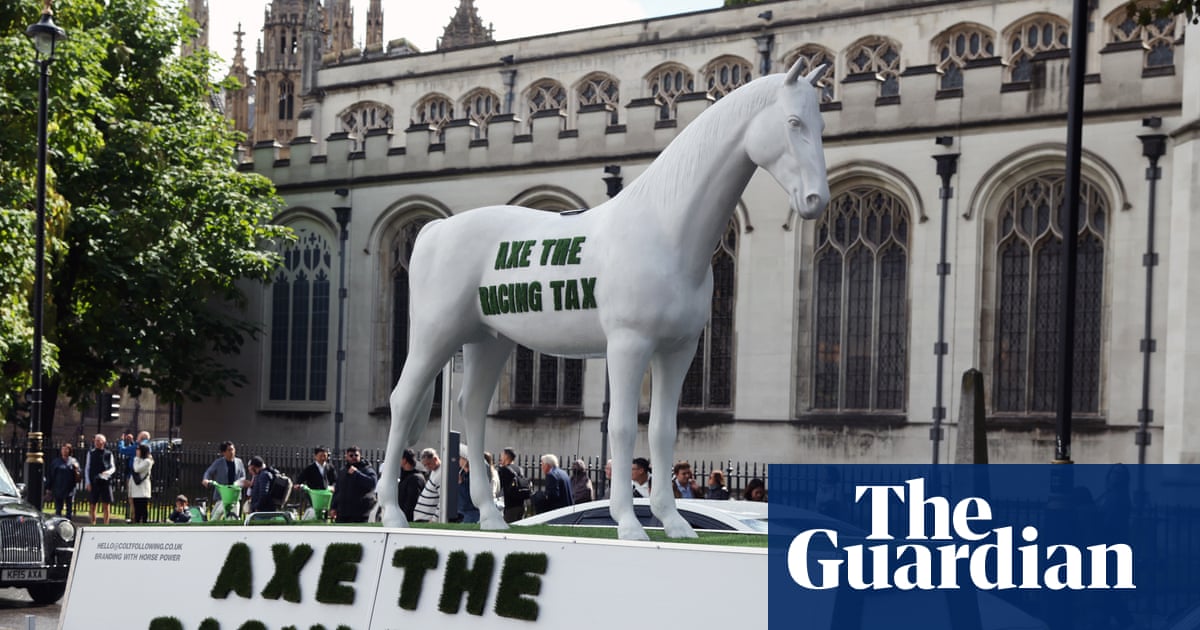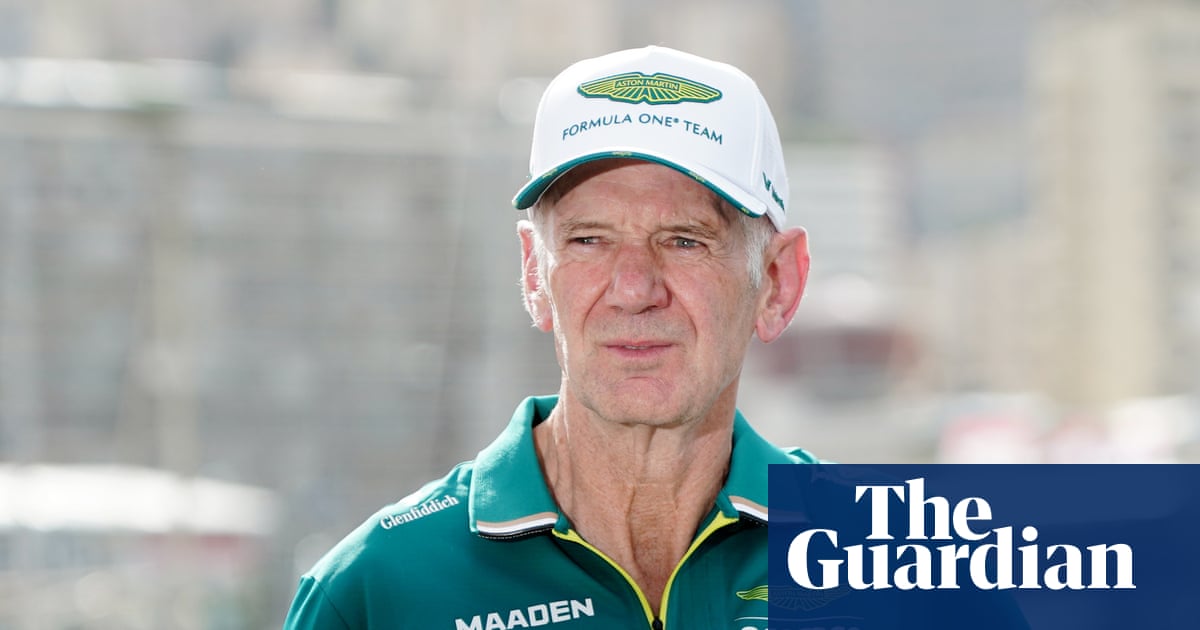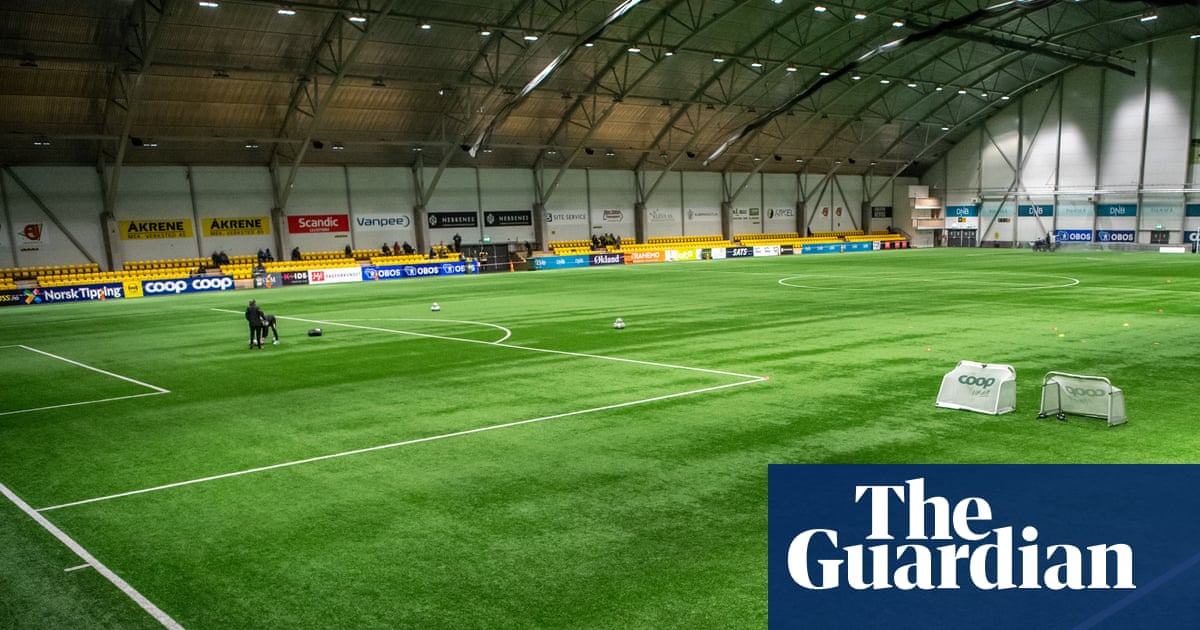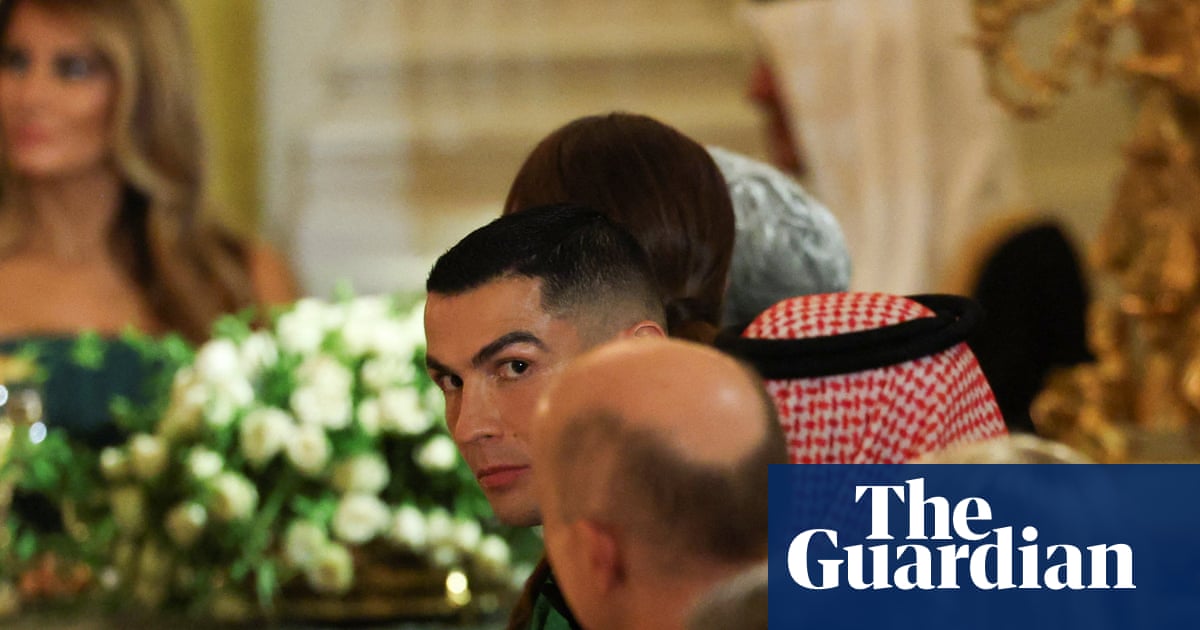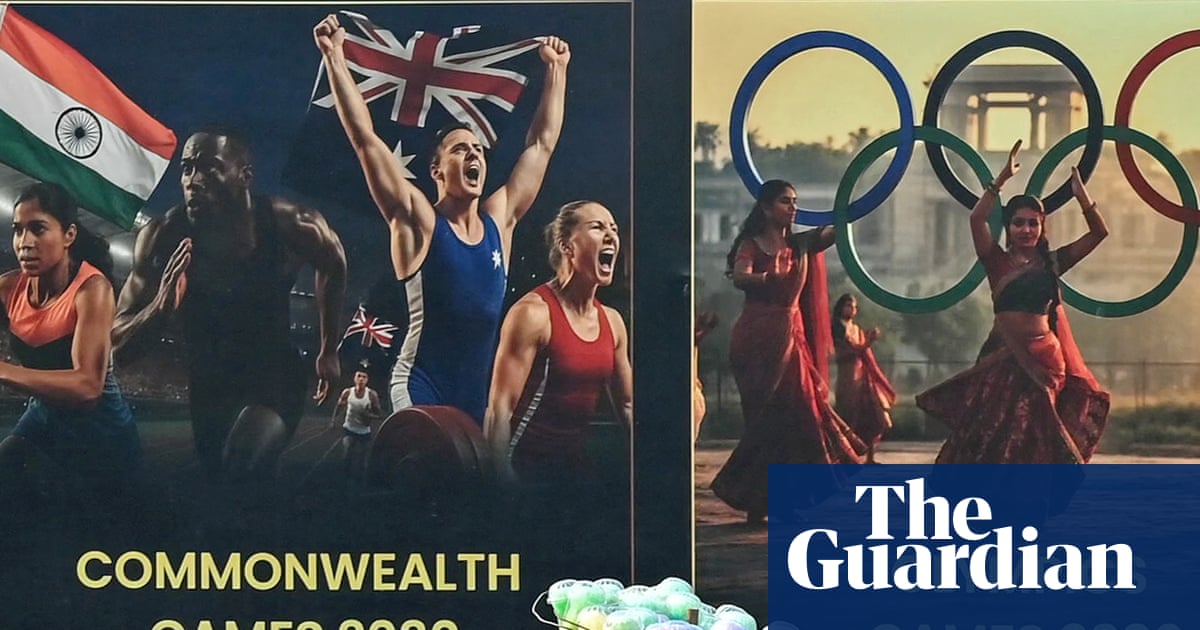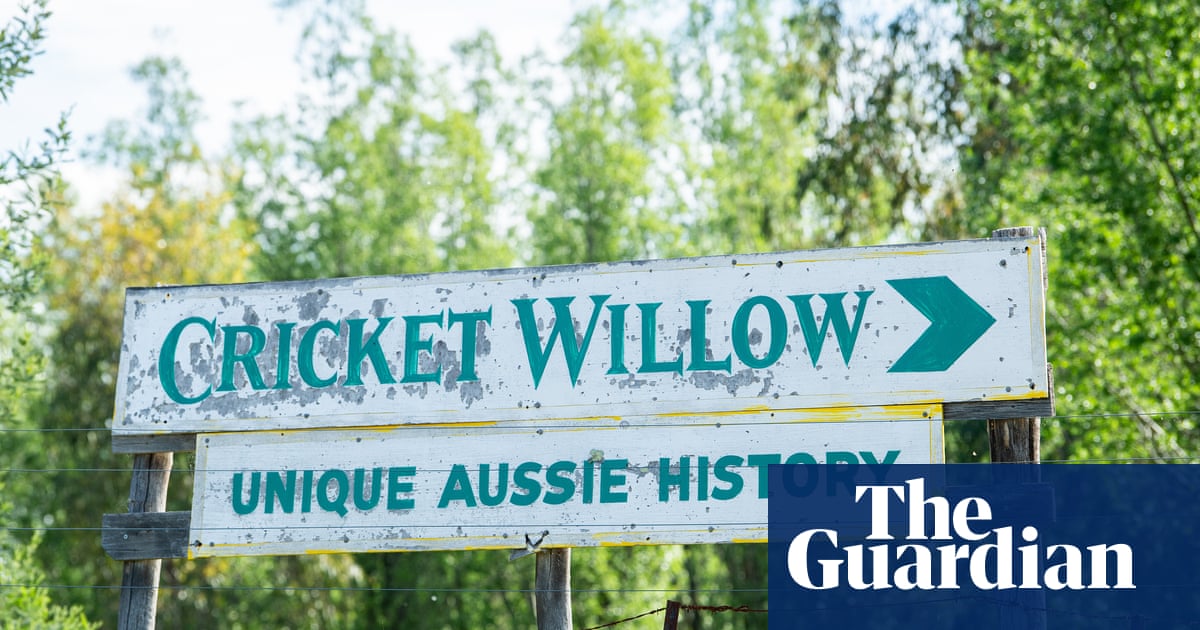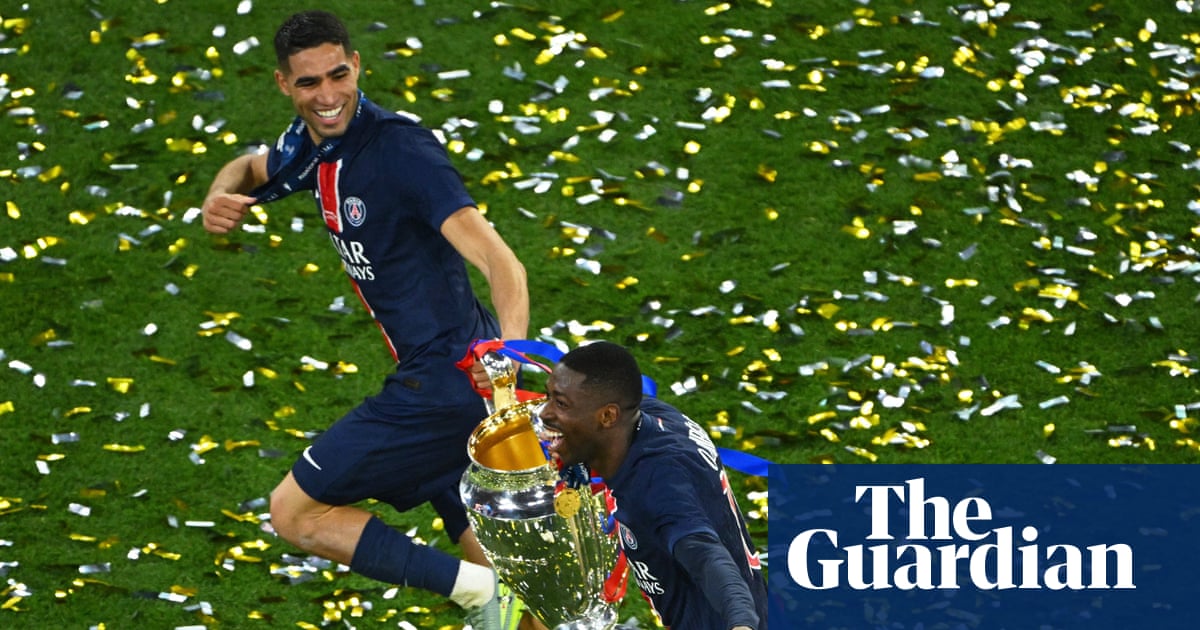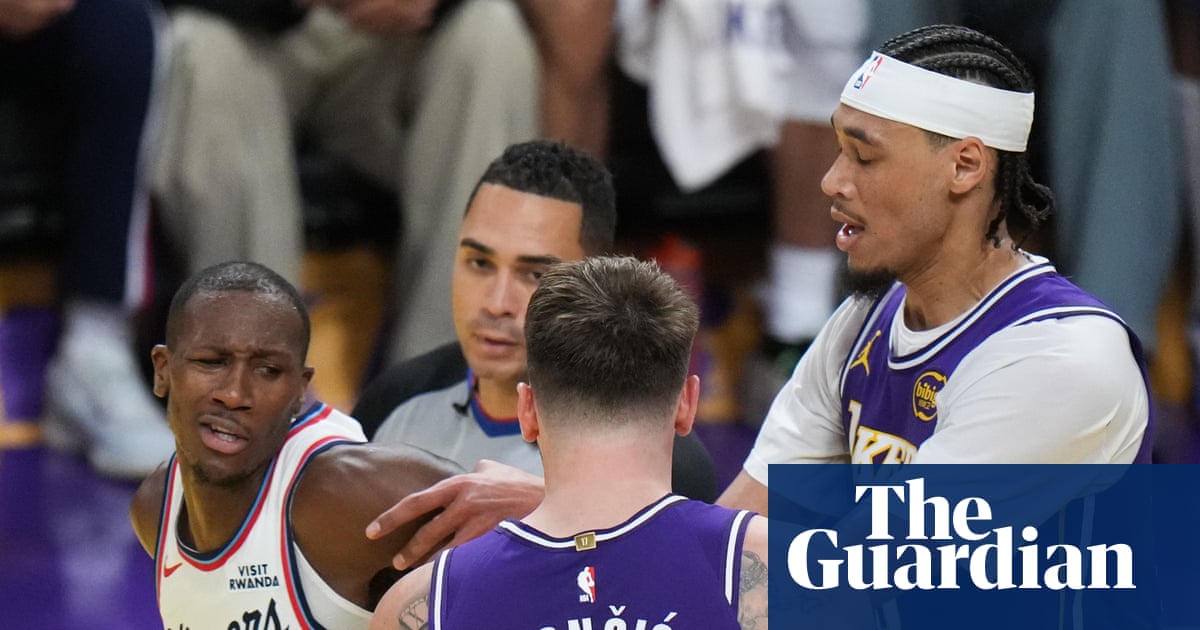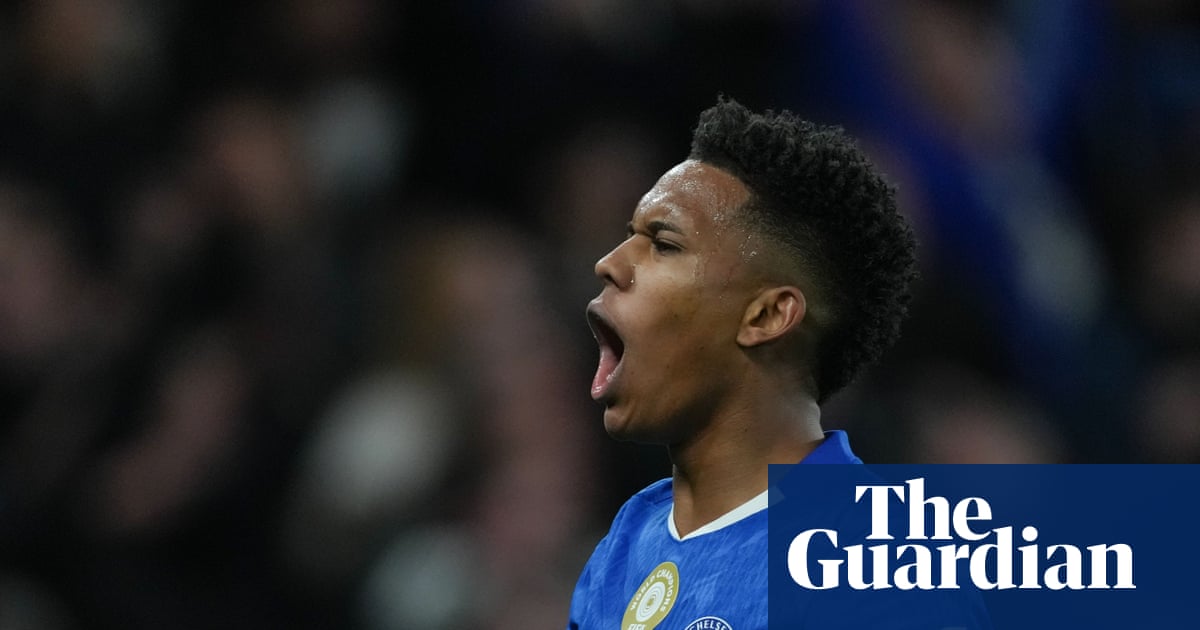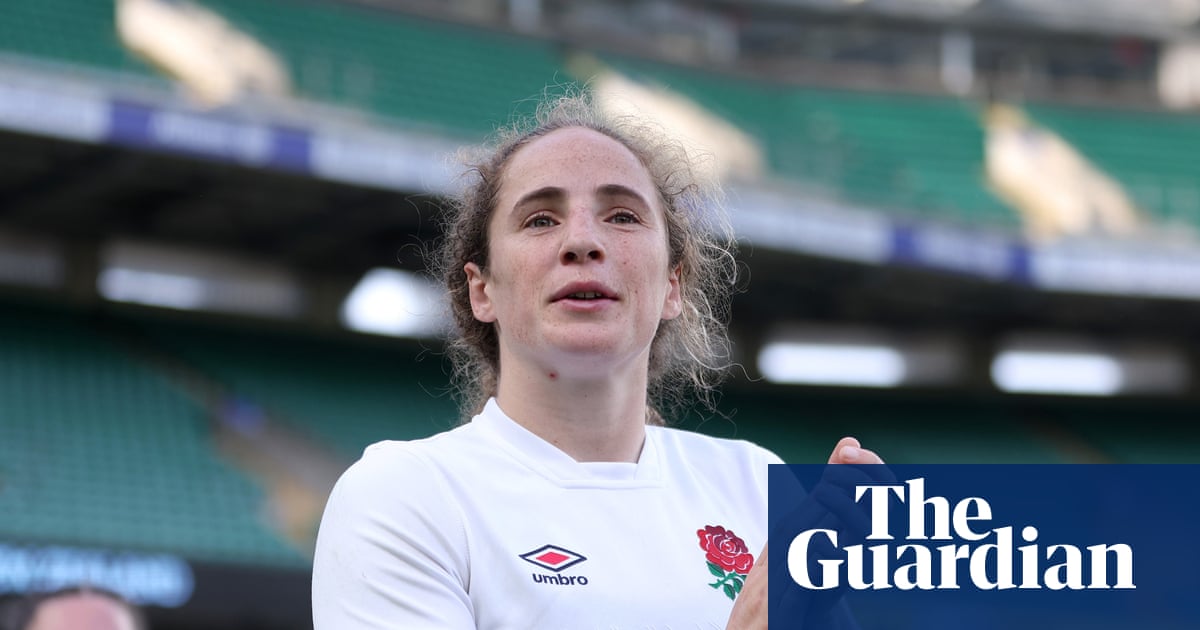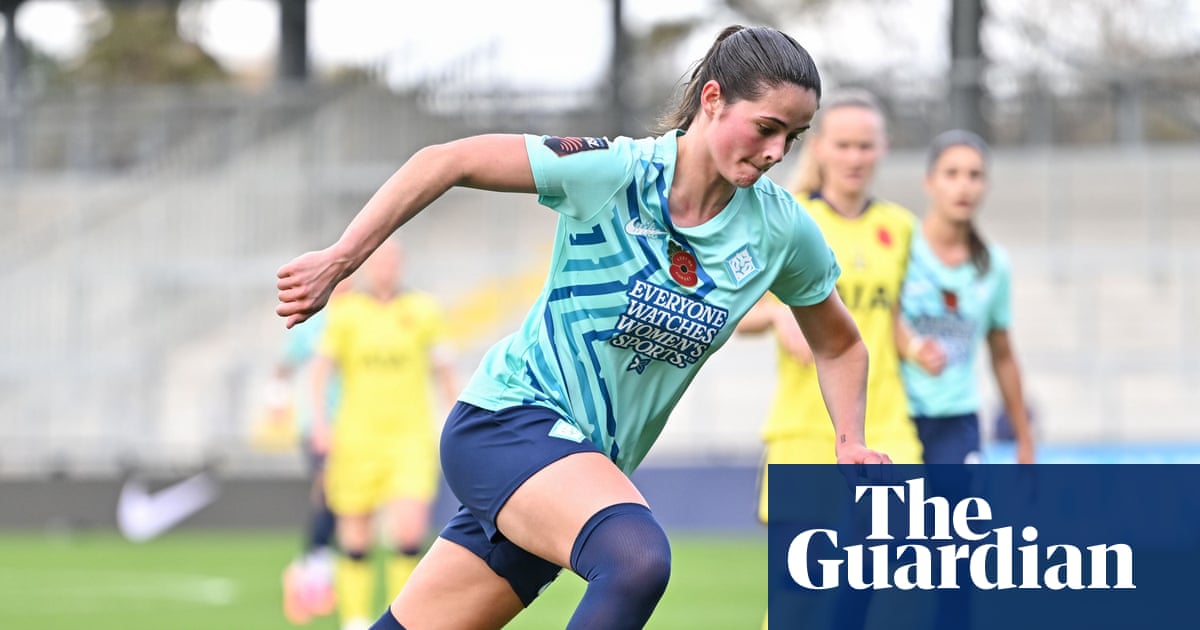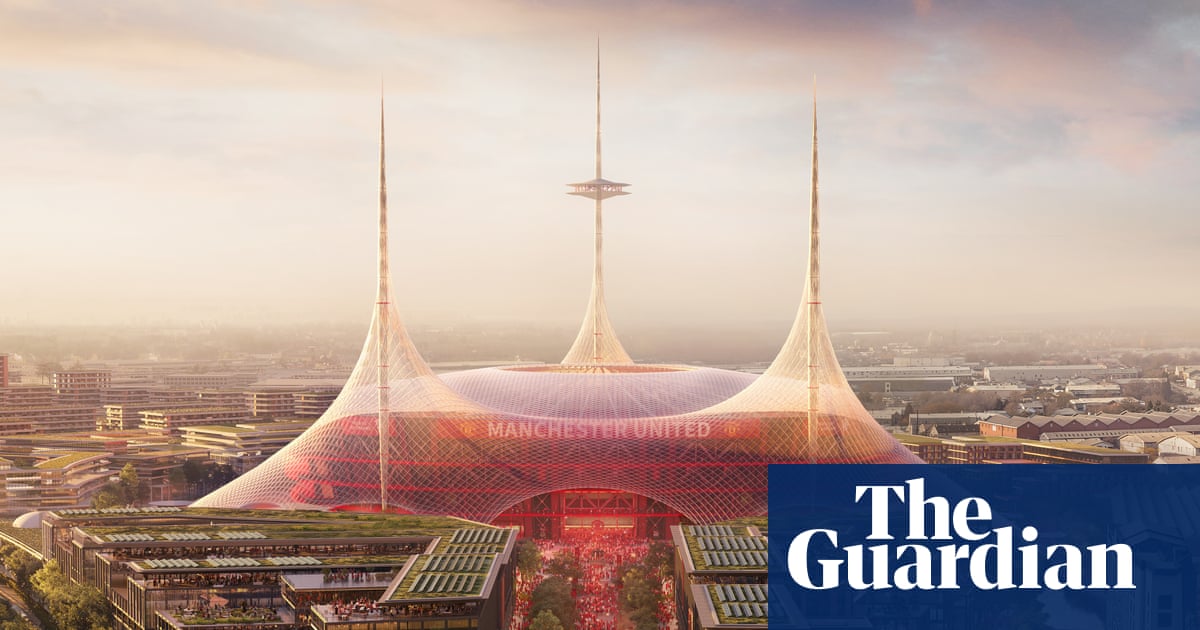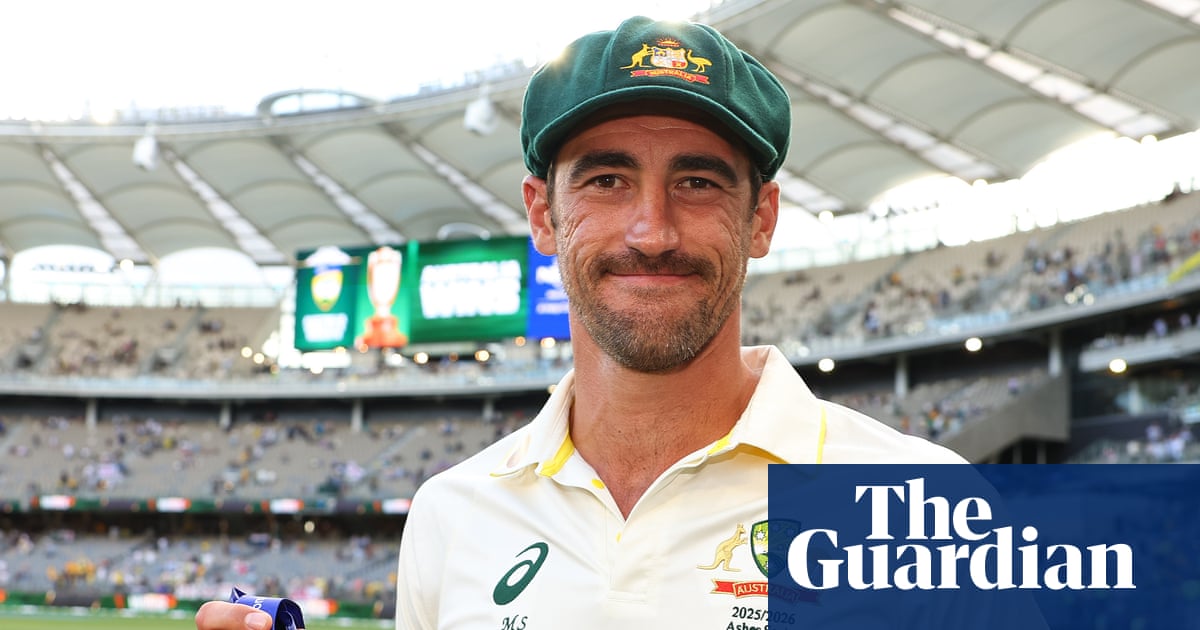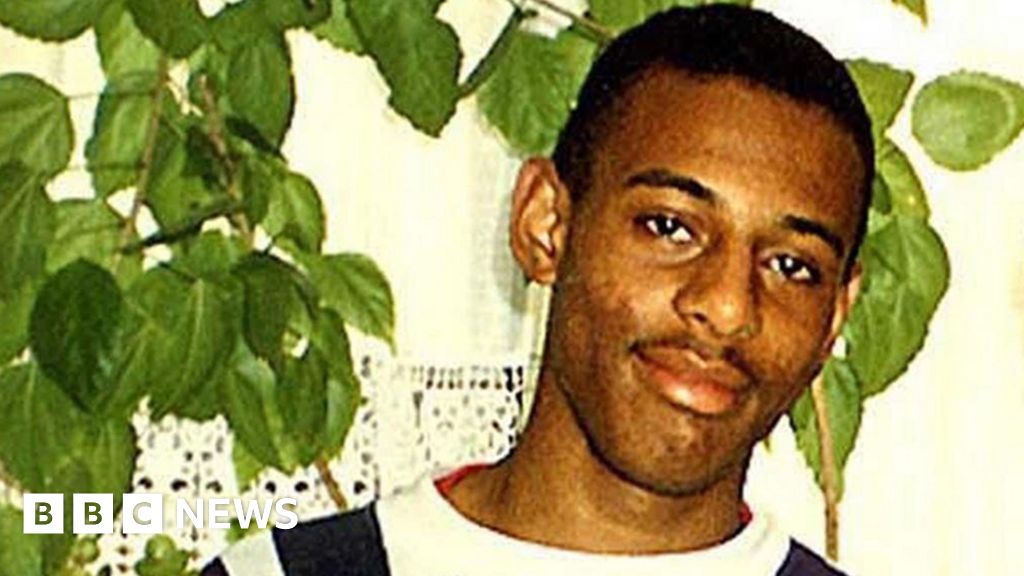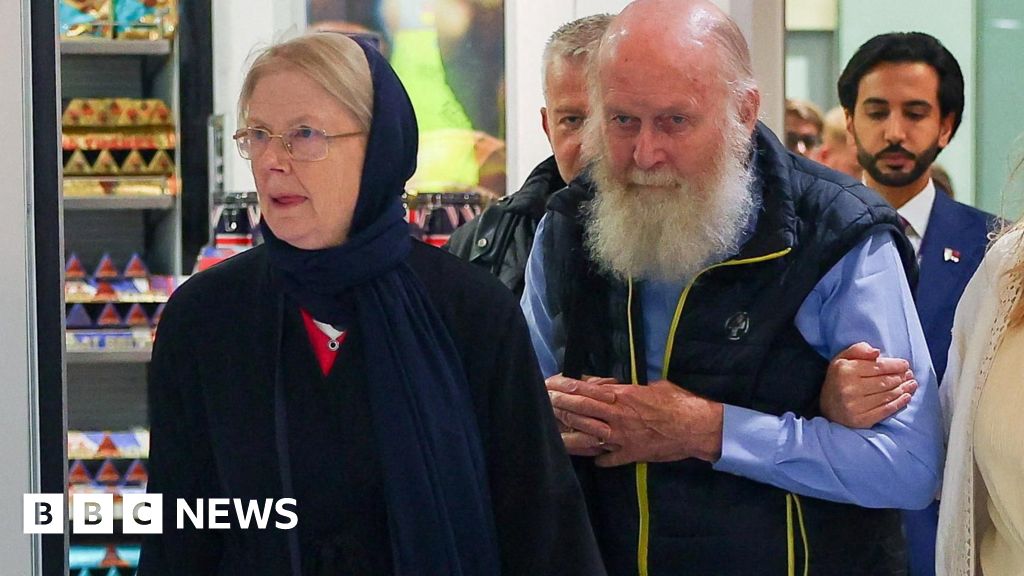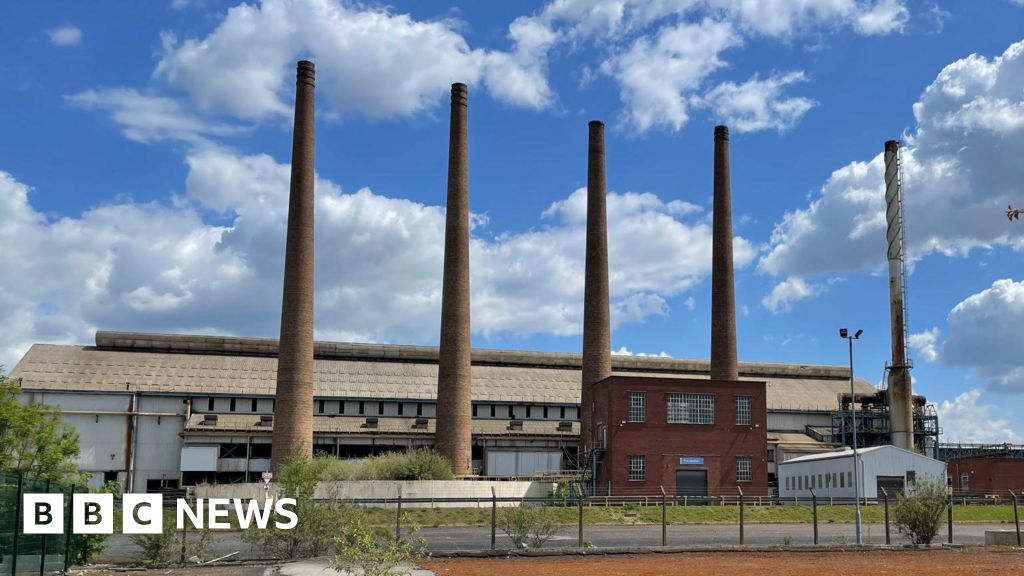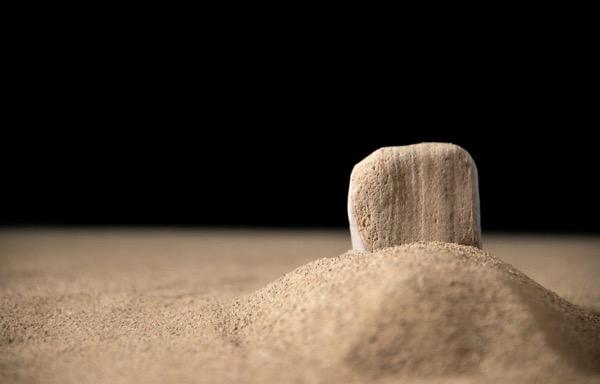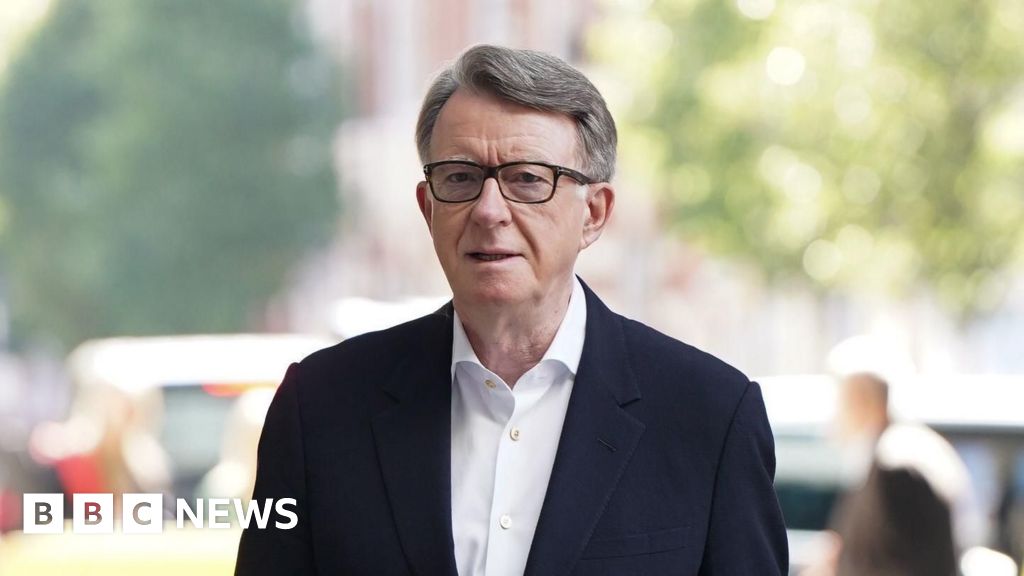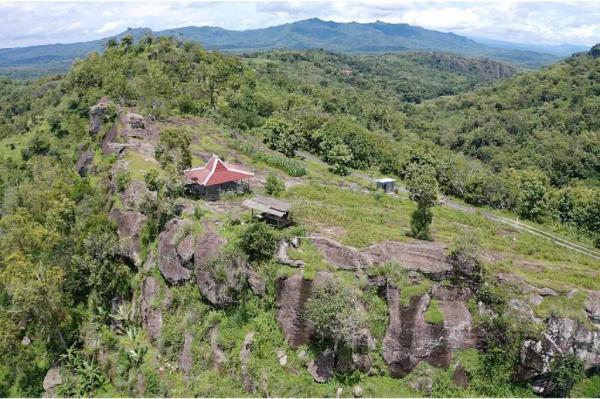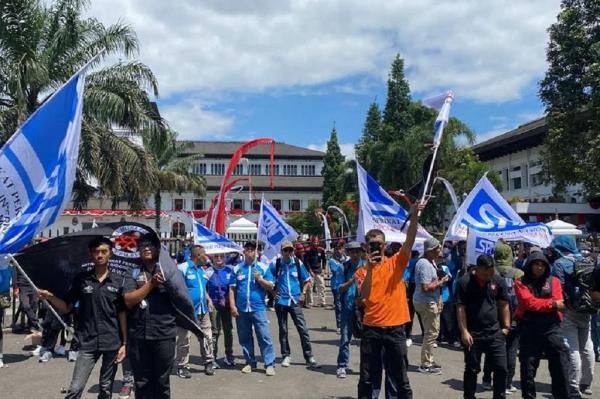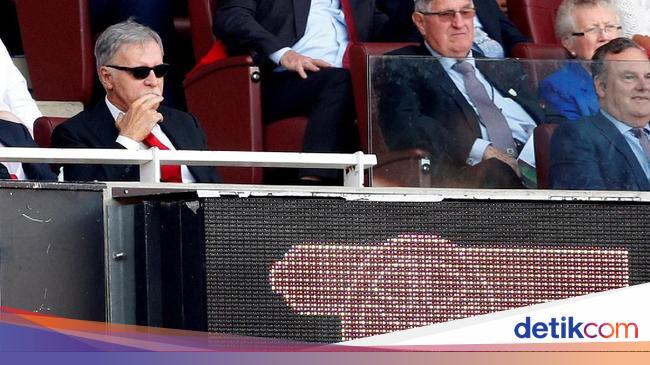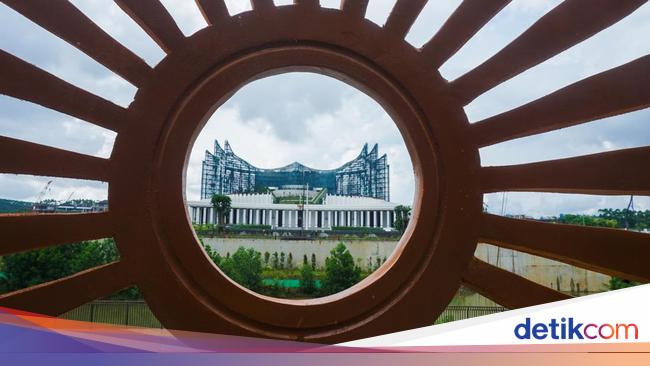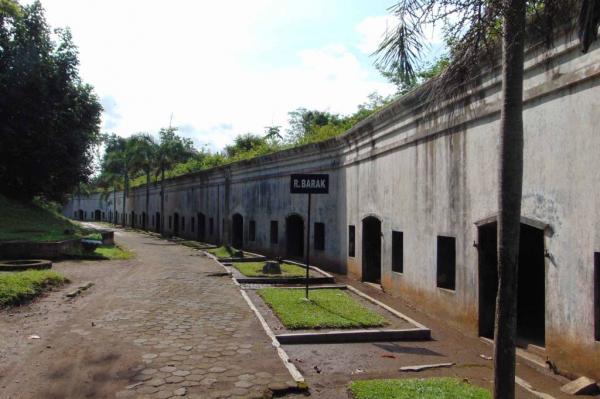It feels cruel in part to use Thursday’s meeting of Feyenoord and Celtic to reflect upon illustrious times. The Dutch side are 29th in the 36-team Europa League table, with Celtic’s position in 27th only more slightly more palatable to supporters because Rangers are bottom of the pile.
Those fans disrupted an annual general meeting to the point of abandonment last week, demonstrating the disharmony that has engulfed Celtic for months. A club that progressed to the Champions League’s knockout phase last season, looking an overdue but serious European force, have starkly regressed. Celtic have the spending power to outshine clubs who routinely embarrass them in a bigger pond than St Mirren and Motherwell occupy.
The European Cup final of 1970 remains so curious in a Celtic context because it is the showpiece occasion the club would rather forget. It provided rare missteps from Jock Stein and triggered the break-up of the Lisbon Lions. Celtic have never returned to the continent’s marquee match and, on all available evidence, never will. Feyenoord’s success at San Siro suitably incentivised Ajax to win the next three European Cups.
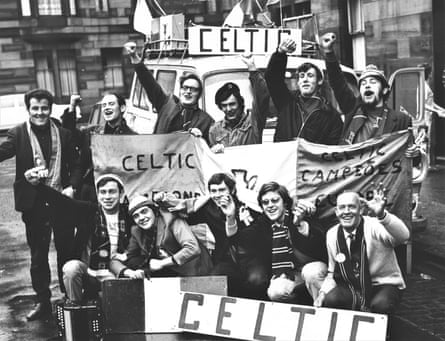
“The European Cup final was a disaster for Celtic,” said the club’s official magazine. “Nothing could be more futile than to try to deny this. It was a disaster for the players, for the management and perhaps most of all for the supporters.”
Those fans were expectant; not unreasonably so after watching their team lift the trophy in the searing heat of Lisbon three years earlier. Celtic were domestically dominant. As written in The Story of Celtic of the 15th European Cup final: “It was to be the crowning glory on five fabulous years, the final seal of greatness and ultimate proof to some biased scribes south of the border that the men from Parkhead were no flash in the European pan.” Multiple European Cup winners are held in higher esteem.
Received wisdom is that Stein, ordinarily so detail-obsessed, badly underestimated Feyenoord. Not enough was known about Dutch football’s emerging threat in Glasgow’s east end. Ajax had been comfortably beaten by Milan in the 1969 final, albeit their 5-1 thrashing of Liverpool in 1966 should have turned heads. The Celtic manager’s confidence had been fuelled by his team’s victory over Leeds in the semi-final.
Less than two weeks later, Stein attended Feyenoord’s messy 3-3 draw with Ajax, an end-of-season fixture played in low-key conditions in a spartan stadium in Amsterdam. Celtic viewed the final with boldness; a sense that was to come back to haunt them when Stein handed out unwanted champagne bottles to supporters during a multiple-hour delay at Milan’s Malpensa airport post-match.
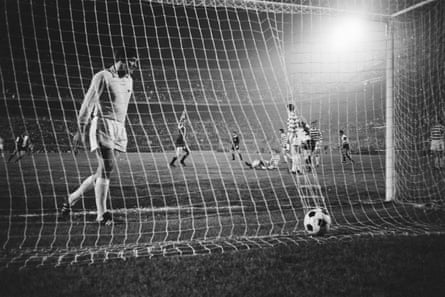
Tommy Gemmell’s opener for Celtic just before the half-hour was supposed to fuel a procession, even if the advantage was hardly merited. Rinus Israël equalised two minutes later. A replay would have been required had the teams finished level at the end of extra-time but the Sweden striker Ove Kindvall capitalised on an uncharacteristic Billy McNeill error with three minutes remaining.
McNeill was candid. “Two-one in extra time makes it seem close but we know the real difference was about four goals,” he said. “Everywhere that mattered, we got stuffed.”
after newsletter promotion
Wim Jansen, who would later manage Celtic to a crucial Scottish top-flight win in 1998, was an architect of Stein’s downfall. Stein, under pressure to overhaul what had been a celebrated team, turned towards a group of young players known as the Quality Street Gang. Kenny Dalglish, Lou Macari, Davie Hay, Danny McGrain, Paul Wilson and George Connelly may well have forged strong reputations in green and white anyway, but there is no question their progression was accelerated by events at San Siro.
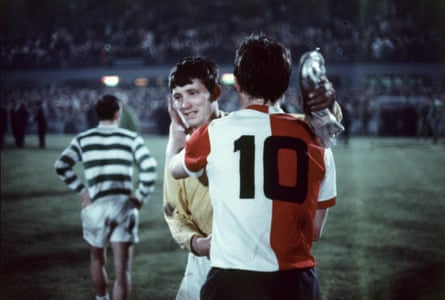
Feyenoord, captained by Jansen, lifted the Uefa Cup in 1974, seeing off Tottenham in what was then a two-leg final. Celtic’s domestic dominance continued post-Milan, but their subsequent European sojourns peaked only in European Cup semi-final losses in 1972 and 1974. It was Martin O’Neill, now back in charge on an interim basis, who guided them to the Uefa Cup final almost three decades later.
That night, of epic football drama in Seville against José Mourinho and Porto, remains a regular point of reference. The same cannot be said of 1970 and Feyenoord. Celtic’s lost final. It was unquestionably also their missed opportunity.
.png)
 12 hours ago
4
12 hours ago
4
